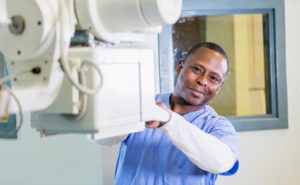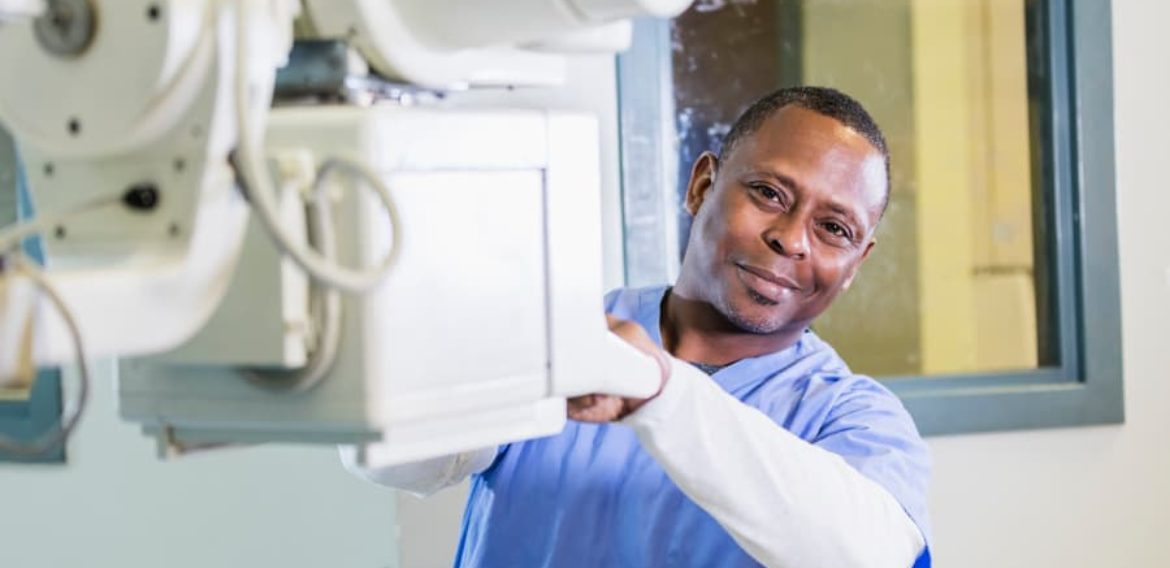Why Radiologic Technologists Love Their Jobs

Radiologic technologists play a vital role in the medical sector. They conduct X-rays and other diagnostic imaging tests to help doctors better understand their patients’ conditions and devise the most effective treatment plans. As important as radiologic technology is for patients, it also offers various advantages for those who wish to pursue a career in healthcare. Discover reasons to enroll in a radiologic degree program from Northwestern College, serving students in Oak Lawn, IL, and the greater Chicago area.
Job Duties of Radiologic Technologists
Radiologic technologists work in numerous medical settings, including hospitals, physician’s practices, and specialty offices. They are sometimes referred to as radiographers and X-ray techs. While some radiologic technologists specialize in one imaging method, such as mammography or radiation therapy, most are expected to do the following:
- Follow instructions from doctors on where to perform diagnostic imaging
- Properly position the equipment and patient to get the most valuable image
- Use computers to take digital images
- Modify and maintain equipment
- Perform preparation work, such as gathering the patient’s medical history and covering up surrounding parts of the body with protective gear
- Log relevant information into patient records
- Collaborate with doctors to evaluate the images
Reasons to Become a Radiologic Technologist
Combining healthcare with modernization, radiologic technology is a unique subsector within the medical field. However, the benefits of this role go beyond the interesting tasks X-ray techs complete. Other advantages of this occupation include:
Job Security
Studies indicate that open positions for radiologic technologists will remain steady in the coming years. According to the U.S. Bureau of Labor Statistics (BLS), employment for radiologic and MRI technologists is expected to increase by 6% percent through the year 2031, with approximately 16,600 jobs each year. This rate is slightly faster than the average growth for all occupations.
Given this consistent job demand, radiologic technologists can seek work nationwide. More job opportunities may also allow them to choose the position that offers the best pay and benefits.
Financially Rewarding
BLS states that the average annual income for radiologic technologists ranges from $61,370 to $61,980. These salaries are significantly higher than the average for all jobs, which is $45,760. You also may gain access to benefits in this role, such as health insurance, paid vacation and sick leave, and retirement plans.
If you decide you want to make more money, you can use your experience as an X-ray tech to seek more advanced roles in radiology. Keep in mind obtaining a higher-paying job may require additional education or certificates.
Flexibili
Unlike businesses that follow 9-to-5 hours, many healthcare facilities operate 24/7. If you want a career that is not as repetitive as some corporate jobs, consider becoming a radiologic technologist. Not only will you be able to have a more personalized schedule, but you will also interact with new patients every day. Each patient will have different needs, so X-ray techs experience a lot of variety.
Emotionally Satisfying
Any healthcare job where you directly impact patients’ lives is bound to stir a sense of purpose in your heart. Patients receiving diagnostic imaging may be dealing with a significant health scare, such as cancer or a similar disease. As a radiologic technologist, you can make them feel more comfortable by showing compassion when guiding them through the testing process. Your kind demeanor will not go unnoticed by patients, and it can bring relief to their situation.
Fewer Higher Education Costs
While a person may need extensive training to become a doctor, not all healthcare careers require years of education. For instance, most radiologic technology positions require an associate degree, which typically takes around two years to complete. Students spend less time preparing to become radiologic technologists and more time fulfilling their career goals.
Begin Your Career Journey as a Radiologic Technologist
If the benefits of this career path sound appealing, consider enrolling in the radiologic degree program at Northwestern College. Offered in-person and online, this comprehensive program goes over many topics essential for radiologic technologists, such as imaging technology, proper equipment use, and patient care. The curriculum works to make students clinically effective radiographers and provides them with transferable skills, such as strong communication and critical thinking.
At Northwestern College, students in Oak Lawn, IL, and the greater Chicago area receive career-oriented instruction that gives them the competitive edge they need when seeking jobs after graduation. Request information today to learn more about the radiologic associate degree and our other programs.

